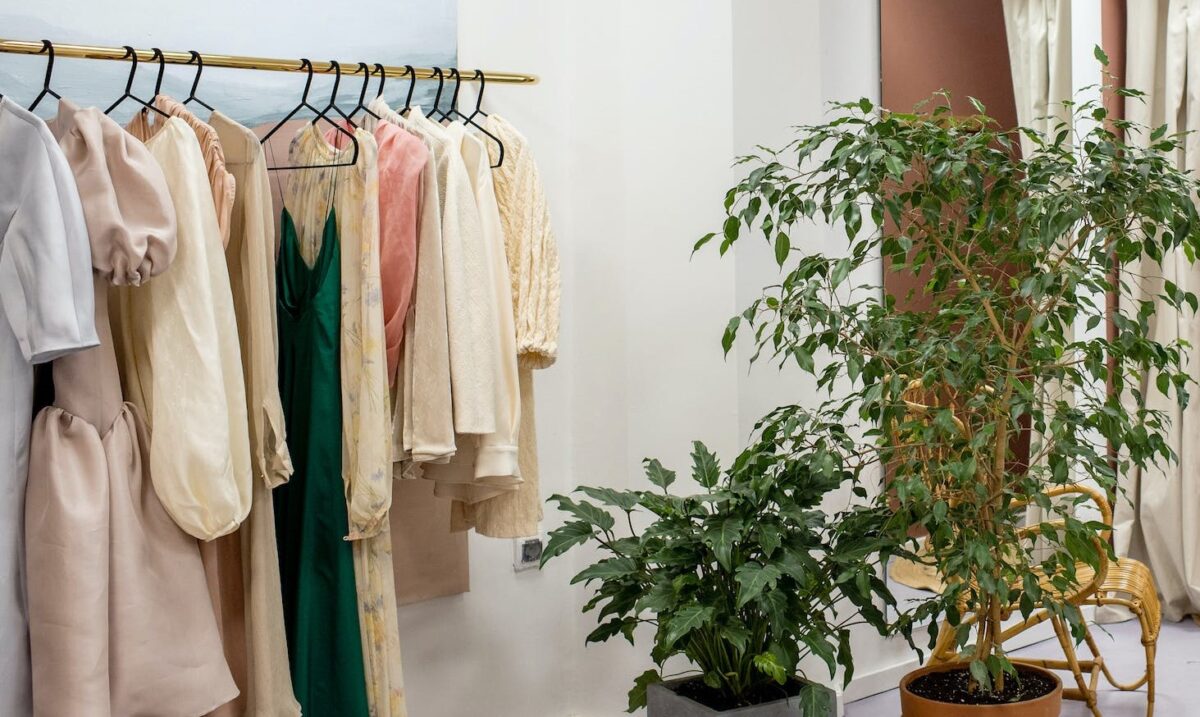Due to increasing air pollution, global warming, and growing threats to the scarcity of natural resources the world has been becoming eco-conscious for the past few years. The modern Fashion Industry is also steadily responding to environmental challenges posed by traditional fashion design techniques. In recent years, consumers have become more conscious of the environmental impact of their lifestyle. It is the basic tendency of consumers to buy something that has almost zero adverse effect on the environment. Keeping this in mind Fashion industry has made a significant shift toward sustainable fashion.
Sustainable means ‘an ability to exist or endure without hampering the environment for the future’. Now coming to ‘Sustainable Fashion’ sustainability in the fashion industry means producing garments and accessories in a way that has less impact on the environment. The whole process of Sustainable Fashion involves eco-friendly techniques and promotes ethical practices. Here are some vital points of sustainability in fashion design:
- Material Selection: Due to increasing demand for organic and eco-friendly fabrics, designers are now more likely to incorporate materials like cotton, bamboo, and recycled fabrics which have less impact on the environment.
- Recycled Fabrics: Designers use recycled fibers or fabrics which helps in lowering the demand for new resources and reducing the chances for depletion of natural resources.
- Modern Technology: The fashion industry embraces modern and innovative technologies like 3D printing, digital prototyping which minimize waste and allow more perfect and efficient production.
- Circular Fashion: Circular fashion promotes a closed-loop system, and aims at minimizing waste and maximizing the use of resources. Here designer focuses on creating durable pieces of garments and encourage the reuse of clothes. Circular fashion promotes the idea of garment upcycling through which old pieces of fabric can be redesigned as new.
- Mass Education: Sustainable fashion aims at educating consumers about various environmental and social impacts of their fashion choices. It encourages consumers to make responsible fashion choices that have a lesser impact on natural resources.
- Slow Fashion: Slow fashion advocates ‘quality over quantity’and prioritizes timeless designs. It involves ethical practices and encourages consumers to invest more in products with longer lifespans than in low-quality products.
- Transparency: Nowadays many brands provide end-to-end information related to the production of a material. This transparency of the supply chain helps consumers to make eco-conscious choices in Fashion.
Sustainability in fashion is not a mere trend rather it is a holistic approach addressing environmental, social, and economic concerns. It is a notable shift in the Fashion Industry to sustainability, eco-consciousness, and a responsible approach toward the supply chain. Sustainable fashion is a complete contrast to fast fashion which is helping to create a more responsible, conscious, and ethical fashion design industry for a better future.
